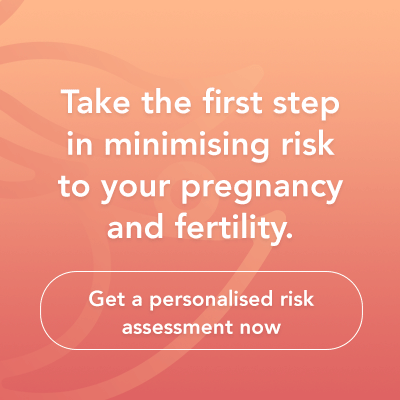Diabetes mellitus can affect anyone and occur for a variety of reasons.
This week (the 10th of July to the 16th of July, 2022) is National Diabetes Week, a week championed by Diabetes Australia, which aims to educate Australians through their ‘Heads Up on Diabetes’ campaign. Diabetes mellitus refers to a group of diseases that affects your body’s ability to use and produce blood sugar. This group of chronic health conditions can affect anyone and is a condition that affects sufferers for life.
Therefore, it is important to build an understanding of what causes the various types of diabetes. Read on to discover more about the symptoms of the condition, the causes and how health professionals can assist in managing it.
Symptoms of diabetes
Some of the signs and symptoms of type 1 diabetes, type 2 diabetes, and gestational diabetes are:
- Extreme hunger
- Unexplained weight loss
- Increased thirst
- Frequent urination
- Presence of ketones in the urine (a byproduct of the breakdown of muscle and fat that happens when not enough available insulin is available)
- Fatigue
- Irritability
- Blurred vision
- Slow-healing sores
- Frequent infections
If you notice any symptoms of diabetes, you should get in contact with your doctor. The earlier the condition is diagnosed, the sooner that treatment can begin, and health professionals such as dietitians in Brisbane can work to stabilise your blood glucose levels.
What causes diabetes?
The exact cause of diabetes is quite varied for a range of reasons. It also differs between the different types of diabetes.
Type 1 diabetes
Type 1 diabetes may occur as a result of genetic conditions or environmental conditions and often has a sudden onset in children and adolescents. Unlike type 2 diabetes, weight is not a factor in type 1 diabetes.
For those who have type 1 diabetes, the immune system attacks and destroys insulin-producing cells in the pancreas, leaving those with diabetes with little or no insulin and a buildup of sugar in the bloodstream. As a result, this condition necessitates the use of insulin pumps and the management of the amount of carbohydrates a person takes in.
Type 2 diabetes
Type 2 diabetes occurs when the body builds a resistance to insulin. People with diabetes are unable to create enough insulin to overcome this resistance. Therefore, instead of moving into cells and providing the necessary energy, sugar builds in the bloodstream.
The cause of type 2 diabetes is not clear, though it is most common in people who are overweight. Genetic and environmental factors also play roles in type 2 diabetes, just like type 1 diabetes.
Gestational diabetes
Gestational diabetes mellitus is a form of diabetes that occurs in pregnant women when they are unable to produce enough insulin to support both themself and their baby.
To find out more about gestational diabetes mellitus, click here.
Managing diabetes in Brisbane
If you have been diagnosed with diabetes, you will need to have medical follow-up checks until your blood sugar level stabilises. Unfortunately, many people who live with diabetes experience forms of stigma created as a consequence of misinformation and misconceptions about the condition, which can affect treatment.
Depending on the type of diabetes you have been diagnosed with, you may be required to use an insulin pump and partake in carbohydrate counting. In any scenario, you will need to ensure you are maintaining a healthy diet and a healthy weight. A dietitian can assist you with healthy eating and meal planning for diabetes care in the long term.
Diabetes nutritionist in Brisbane
Katrina Ridout is an Accredited Practising Dietitian based in Brisbane who has over 15 years of experience in helping people manage their diabetes with scientifically proven methods. She is a diabetes dietitian who is able to optimise one’s food and nutrition intake based on their own unique circumstances and understands everyone is different.
To arrange an appointment with Katrina Ridout, please call 1300 640 104 or contact Kat.
